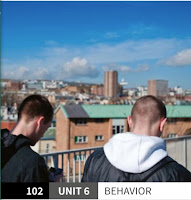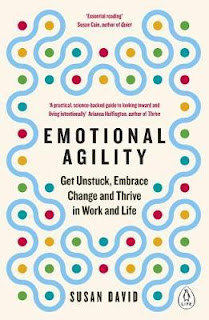In “Dwayne Johnson and why wrestlers make ideal Hollywood stars”, Sam Moore (2021) primarily explains why some WWE (World Wrestling Entertainment) wrestlers can become successful Hollywood stars and describes the characters of those stars, especially this trio: mainly Dwayne Johnson also known as The Rock, John Cena and Dave Bautista. The roles these men play in their movies defies perceptions as to what they can do with their masculinity. They are brave to act in ways that contrast with their tough characters as wrestlers, which creates their new personas. Johnson, for example, can perform comedically in his movies, being publicly recognised as “Santa with muscles”. In addition to the aspect of humour, Moore mentions that performance on the ring could be “a perfect rehearsal room for Hollywood stardom”, supported by film critic Christina Newland. Bryan Alvarez, an exceptional wrestling journalist, added that these muscle-bound sportsmen perform in the ring as given characters, often differing from their real ones. As Alvarez describes how Johnson learnt how to perform from wrestling, his being amidst audiences’ eyes improved his own style by testing his manners towards the crowd, then learning from their feedback. According to Moore’s article, characteristics and experiences in the rings of these wrestlers mainly fit them to be Hollywood stars.
Reference
Moore, S. (2021, July 28). Dwayne Johnson and why wrestlers make ideal Hollywood stars. BBC. https://www.bbc.com/culture/article/20210727-dwayne-johnson-and- why-wrestlers-make-great-hollywood-stars




















